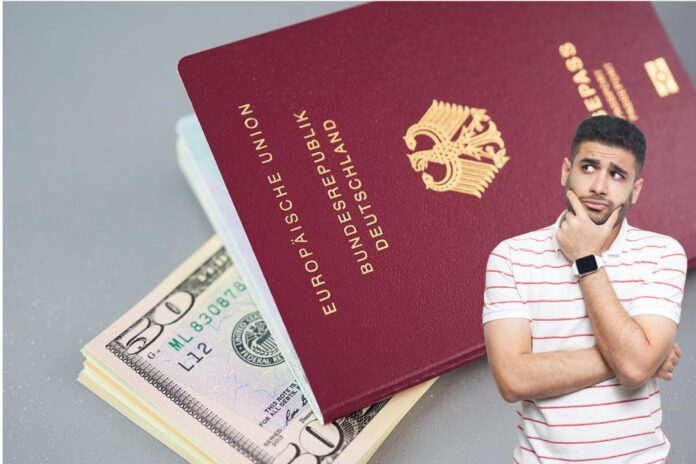What Are The Visa Requirements For Studying In Germany?

Getting admission for studying in Germany is a big deal. It means that your academic journey is about to take a whole new trajectory, thanks to Germany’s highly-regarded certifications and the country’s many job opportunities.
However, to get started, you need to apply for a student visa, which will let you travel to and live in Germany, and even take up a few jobs while you study. Whether it’s a bachelor’s or you want to study an MBA in Germany, we’ll guide you through the Visa application process.
Also Know About: Your Ultimate Guide To The K-1 Visa Journey
What Exactly Is a Student Visa, and Do You Need One?
Yes, Indian citizens need to apply for a student visa to study in Germany. This visa is different from other visas, such as tourist visas and Schengen visas, which are meant to allow short-term visits.
Typically, a student visa for Germany will let you stay in the country (although you’ll still need a residency permit) for two years, and you can also extend it for a further two. It will allow you to enter the country legally, enroll in your university course, apply for a residency permit (after arrival), and work part-time (up to 120 full days or 240 half days per year).
What are the Application Requirements?
During the application process, you’ll be required to provide several documents. It’s important to ensure you can get everything before you start the application process, so here’s a checklist you can work with:
- A valid passport: It should have at least two blank pages. And by the time you leave Germany, it should have three months of validity left and be less than 10 years old. You’ll also need a copy of your passport’s biometric page.
- Admission Letter from a German University: You should have applied to a university in Germany and received an acceptance letter.
- Proof of Financial Resources: You need to show that you can support yourself while studying in Germany. This can be a German/EU scholarship or stipend, an obligation letter by a sponsor in Germany, a letter of declaration by a parent, or a blocked account with a minimum of €11,904. The latter is the most popular for Indian students as it’s straightforward.
- Academic Documents: You need your certificates and transcripts.
- Complete CV and a Motivation Letter: Prepare your resume and write a letter explaining what you are going to study, why you chose the course/university, how you plan to fund your studies, and what you plan to do after you graduate. It doesn’t have to be long, but make sure it’s convincing.
- Proof of Language Proficiency: If your course is in English, you need a certification showing your proficiency level. There are several certification options, including TOEFL, IELTS, TOEIC, Cambridge English Test, and UNIcert. Otherwise, you’ll need one showing German proficiency.
- Passport-Sized Photos: Take with you two recent passport photos. They should meet the German embassy photo standards for approval.
- Proof of Health Insurance: Health insurance in the country is mandatory, so you’ll need to have travel health insurance (valid for 90 days) or register for a public/private one that starts the day you arrive.
- Visa fee: Visa Fee: You’ll need to pay a visa fee of €75 (or €35 if you are under 18) during the application.
Once you’ve gathered all these or figured you can get them, you can then start with the visa application process. It starts by filling out an online application form and then printing the PDF, which you’ll need to submit later. From there, book an appointment at any of the seven German missions in the country. When going for the appointment (which may include a short interview), take the application form and all required documents. You’ll then need to wait up to 45 days for your application to be processed.
After You Arrive in Germany
It’s important to note that your initial student visa only allows you to enter the country. After you arrive, you’ll need to register your new address within two weeks and get a certificate that proves the same. From there, visit a local Foreigner’s Office, or “Ausländerbehörde,” and apply for your residence permit. This is what will allow you to stay and study in the country.
Also Know About: MOCU MUSARIS Login
